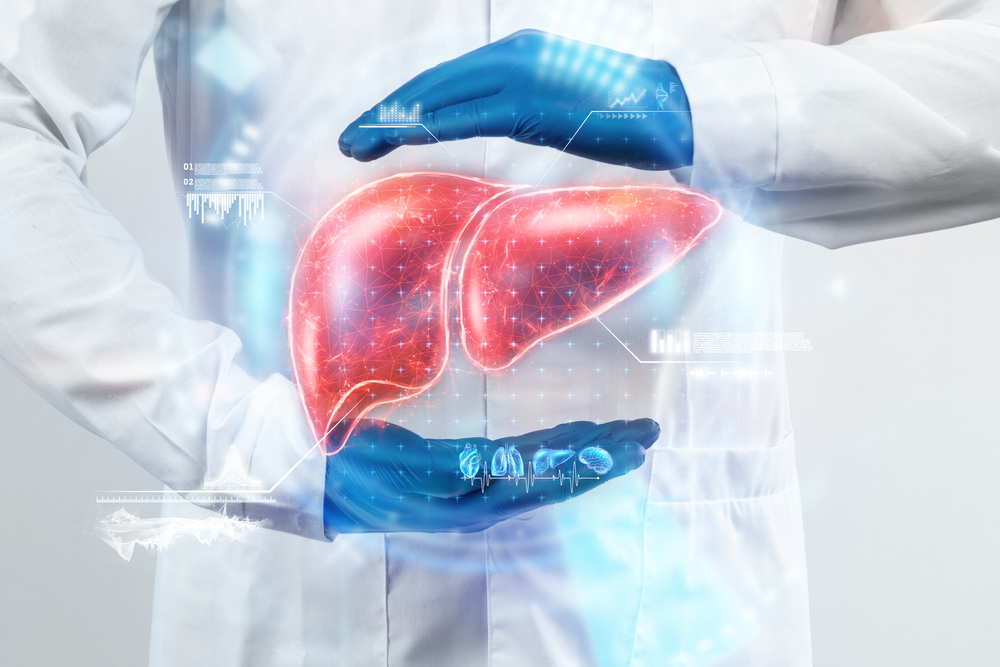The liver is a vital organ that performs a multitude of functions essential for overall health, including detoxification, metabolism, and the production of proteins necessary for blood clotting. Taking care of your liver is crucial for maintaining your well-being. In this article, we’ll explore tips for the prevention and care of your liver.
1. Maintain a Healthy Weight:
Obesity is a significant risk factor for non-alcoholic fatty liver disease (NAFLD), a condition characterized by the accumulation of fat in the liver. Maintaining a healthy weight through a balanced diet and regular exercise can reduce the risk of NAFLD.
2. Eat a Balanced Diet:
A nutritious diet is essential for liver health. Consume a variety of foods, including fruits, vegetables, whole grains, lean proteins, and healthy fats. Limit your intake of saturated and trans fats, added sugars, and processed foods.
3. Stay Hydrated:
Adequate hydration supports liver function. Water helps flush toxins from your body and keeps your liver functioning optimally. Aim to drink plenty of water throughout the day.
4. Limit Alcohol Consumption:
Excessive alcohol consumption can damage the liver and lead to conditions like alcoholic liver disease, cirrhosis, and liver cancer. If you drink alcohol, do so in moderation, and be mindful of your limits.
5. Avoid Overuse of Medications:
Certain medications, including over-the-counter pain relievers and prescription drugs, can harm the liver if not taken as directed. Always follow dosing instructions and consult your healthcare provider if you have concerns.
6. Practice Safe Sex and Get Vaccinated:
Hepatitis B and C are viral infections that can damage the liver. Practice safe sex to reduce the risk of transmission and consider getting vaccinated for hepatitis B.
7. Exercise Regularly:
Physical activity can help control weight and reduce the risk of fatty liver disease. Aim for at least 150 minutes of moderate-intensity exercise per week.
8. Manage Chronic Conditions:
Conditions like diabetes, high blood pressure, and high cholesterol can impact liver health. Work with your healthcare provider to manage these conditions effectively.
9. Avoid Intravenous Drug Use:
Sharing needles or using intravenous drugs can expose you to hepatitis B and C. If you use intravenous drugs, seek help to stop and consider a needle exchange program to reduce your risk.
10. Get Regular Check-ups:
Routine medical check-ups can help identify liver problems early. Ensure your healthcare provider includes liver function tests as part of your regular health assessment.
11. Protect Your Liver from Hepatitis:
Be cautious when getting tattoos or body piercings, and ensure that sterile equipment is used to avoid hepatitis transmission. Also, be mindful of the risk of hepatitis when traveling to areas with a high prevalence of the virus.
12. Be Cautious with Herbal Supplements:
Some herbal supplements and remedies can interact with medications or harm the liver. Consult with a healthcare provider before starting any new supplements.
Your liver plays a crucial role in your overall health, and it’s essential to take steps to protect and care for it. By following these tips for prevention and maintaining a healthy lifestyle, you can reduce the risk of liver-related conditions and support your liver in performing its vital functions. If you have concerns about your liver health or experience symptoms of liver problems, consult a healthcare provider for a comprehensive evaluation and personalized guidance.
